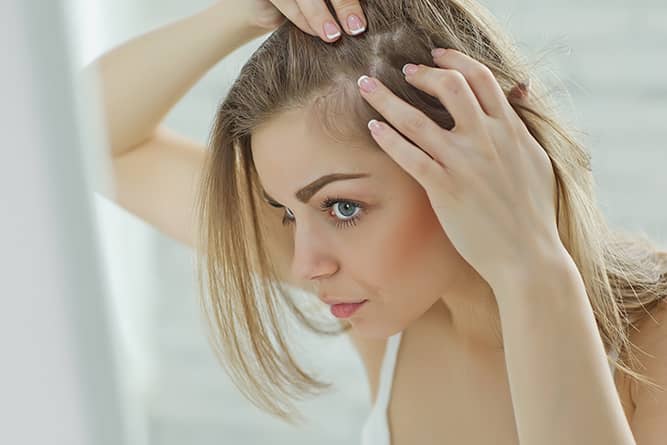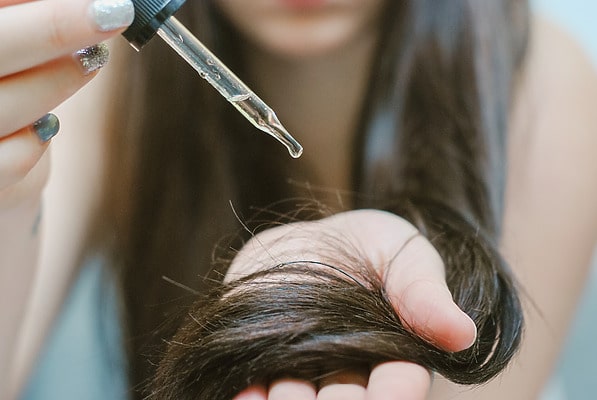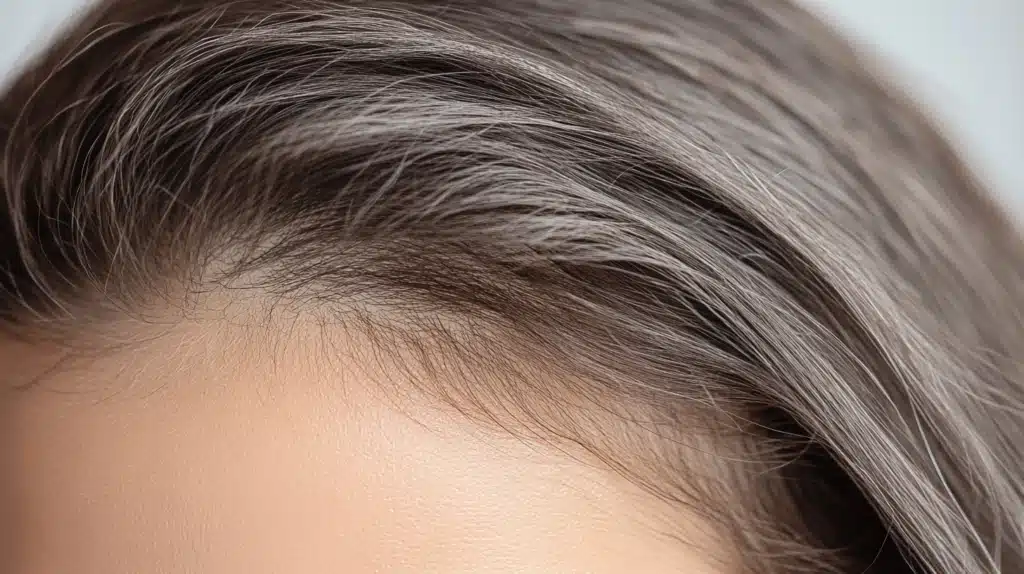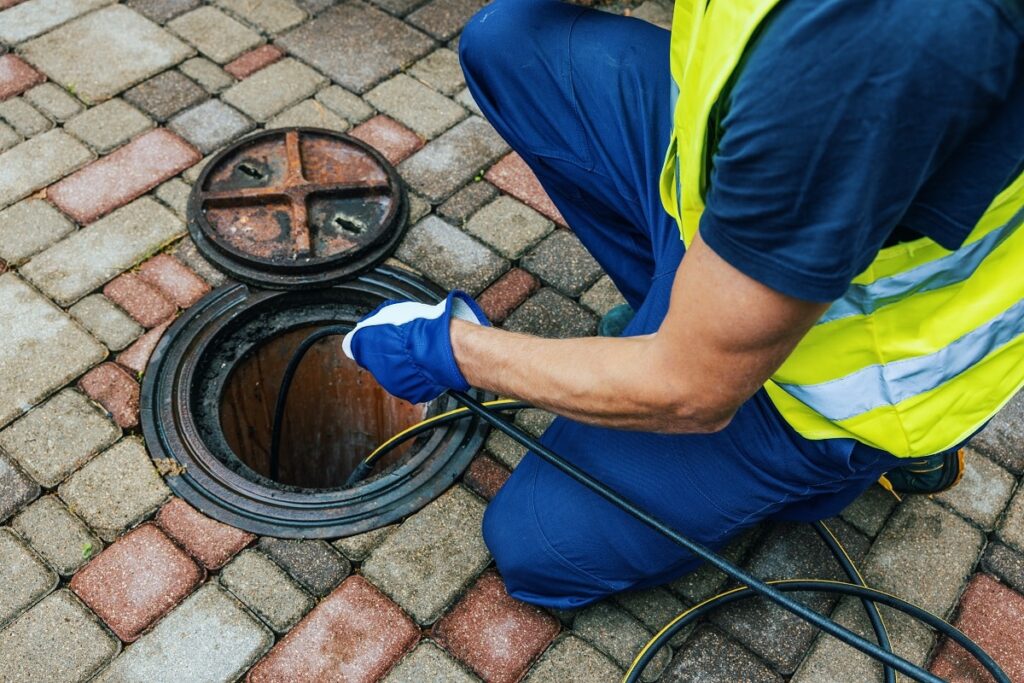Hair loss can be a challenging experience, affecting confidence and self-image. Fortunately, there are methods to prevent and slow it down. Incorporating natural oils, such as rosemary oil, can improve scalp health effectively. This ingredient has been compared to medications like Rogaine in addressing pattern hair loss.
Diet also plays a role in maintaining healthy hair. Consuming omega-3 fatty acids and antioxidants can support hair density and reduce inflammation. These nutrients create an environment conducive to hair growth.
Lifestyle changes, such as reducing stress and ensuring proper nutrition, are vital. Hair care should include gentle handling and minimal exposure to harsh treatments. Small adjustments in daily habits can lead to significant benefits for your hair health over time.
Preventative Strategies for Hair Loss

Addressing hair loss involves a combination of good nutrition, proper scalp care, and certain lifestyle changes. By focusing on these areas, you can potentially slow hair loss and support healthier hair growth.
Nutrition and Dietary Supplements
A balanced diet rich in vitamins and minerals is essential for healthy hair. Ensure you’re getting enough protein, as it’s vital for hair structure. Foods like eggs, fish, and legumes provide the necessary amino acids.
Vitamins and minerals, such as biotin, zinc, and iron, play significant roles in hair growth. A deficiency in these nutrients can lead to hair loss. You might consider supplements if you’re at risk for these deficiencies, although it’s best to consult with a healthcare provider before starting any new regimen. For more detailed guidance on supplements, you can explore Hair Loss Prevention Tips.
Scalp Care and Hair Maintenance
Proper scalp care is crucial in preventing hair loss. Regular cleansing to remove oil and debris helps maintain healthy follicles. Be gentle when washing and brushing to avoid unnecessary stress on your hair.
Incorporating scalp massages can improve blood circulation, promoting better nutrient delivery to hair follicles. Essential oils like rosemary oil are noted for supporting hair growth and maintaining scalp health. It’s as effective as minoxidil for some, as described in this study on rosemary oil benefits. Let your hair dry naturally when possible and avoid excessive heat styling to reduce damage.
Lifestyle Adjustments
Lifestyle changes can boost hair health. Manage stress levels, as chronic stress can exacerbate hair loss. Techniques like yoga, meditation, and regular exercise can help maintain a healthy stress balance.
Adequate sleep is also essential for hair health, as it allows the body to repair and regenerate cells. Ensure that you get 7-9 hours of quality sleep per night.
Additionally, avoid smoking and limit alcohol intake, as these habits can negatively affect hair growth. Maintain a consistent schedule for wellness check-ups to address any underlying health issues impacting your hair. You can find more suggestions in this comprehensive guide to hair care.
Treatment Options for Hair Growth

Effectively addressing hair loss involves a combination of topical treatments and medical interventions. Each approach targets different aspects of hair health, ensuring both prevention and rejuvenation depending on your specific needs.
Topical Treatments
Topical treatments are common solutions for enhancing hair growth. Minoxidil, known by the brand name Rogaine, is a widely used over-the-counter product that stimulates hair follicles, helping to regrow hair in cases of androgenetic alopecia. Rosemary oil has shown comparable effectiveness to minoxidil, offering a more natural alternative for improving scalp health.
Pumpkin seed oil is another option that can promote hair growth. It’s been found effective in studies with female participants, delivering results similar to stronger minoxidil solutions. Essential oils such as thyme, lavender, and sandalwood may also provide benefits when used topically, potentially aiding hair regeneration through improved scalp circulation.
Medical Interventions
When hair loss progresses beyond what topical treatments can address, medical interventions might be suitable. Injectable treatments, such as platelet-rich plasma (PRP) therapy, involve using components of your blood to stimulate hair follicles. Each session can be costly, ranging from $500 to $1,500, but they offer a targeted approach to hair restoration.
Hair supplements are another option. They aim to stimulate hair growth from the inside, providing vital nutrients and selecting effective ingredients to support hair follicle health. Additionally, low-level laser therapy via devices such as combs or caps may help slow hair loss by increasing blood flow to hair follicles.















